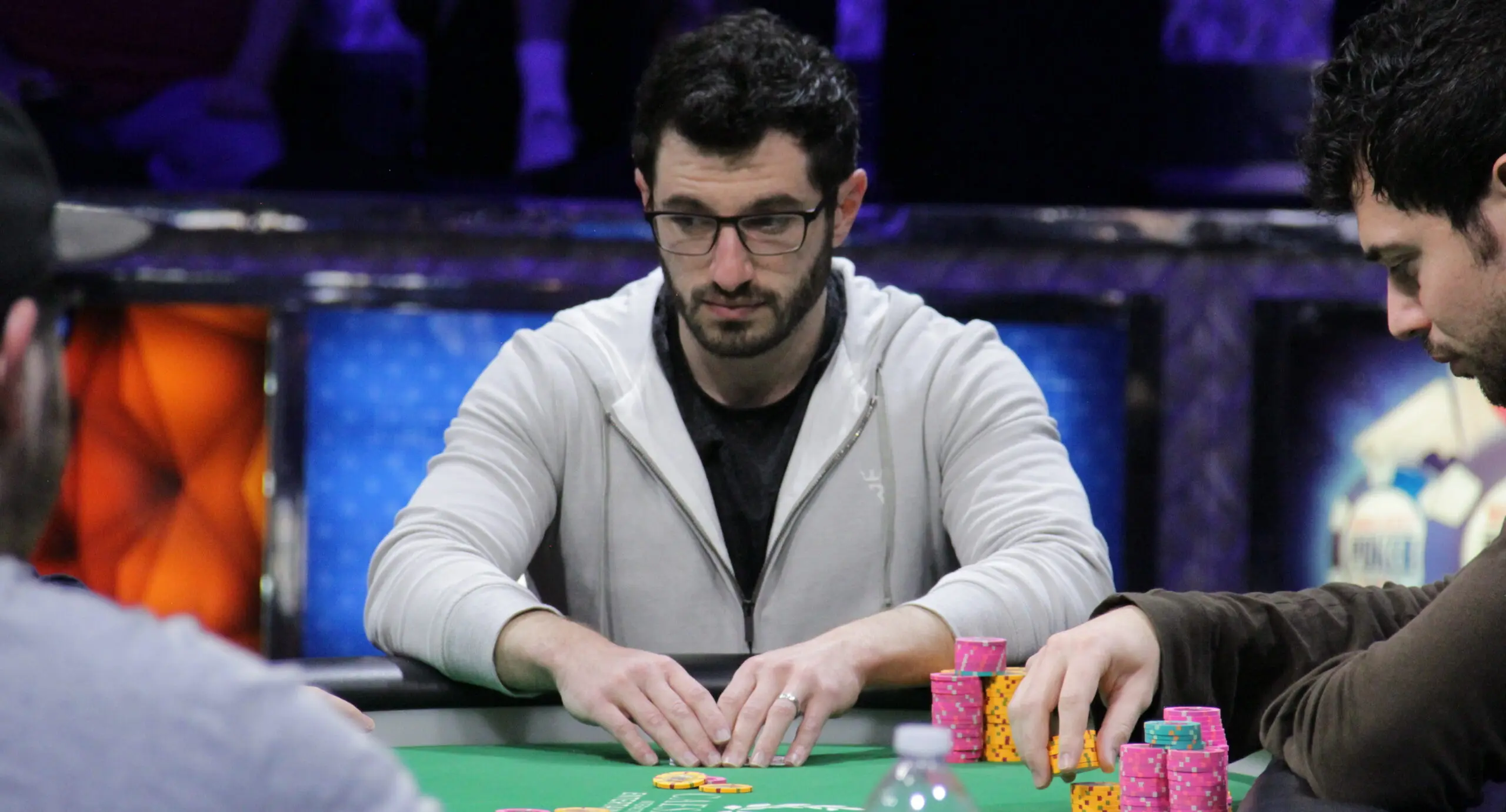
There’s been a lot of dialogue about President Trump’s “One Big Beautiful Bill.” It was signed into law on July 4 and includes a host of new policies — an extension of tax cuts, no taxes on tips, more support for border control, and even a shot at professional betting.
That’s right, the latter flew completely under the radar to 99 percent of the population. But to the rest of us who legally bet sports and casino? This has massive ramifications for the industry we cherish.
You see, tucked into the 900-page behemoth of domestic policy, is a new policy that will no longer allow bettors to fully deduct losses from winnings on their federal taxes. Instead of writing off 100 percent of gambling losses, that number drops to 90 percent.
That might sound like a minor tweak, but it’s not. As an example, if a bettor wins $100,000 and loses $100,000, they would still owe taxes on $10,000 of “phantom” income. That’s income they never actually profited from, but the IRS will treat it as taxable under the new rule. And just like that, the math behind betting — especially for high-volume or professional players — starts to break down. This is an existential threat to pro betting in Las Vegas and across the country really. Let’s break it down below!
How The Bill Hits Bettors Hard
The provision slipped into the bill by Senate Republicans wasn’t publicly debated, and many lawmakers claim they didn’t even realize it was included. Sen. Chuck Grassley, a Republican on the Finance Committee, said he had no idea how it got in. Still, it passed both chambers and was signed into law by President Trump on Independence Day without any amendments or carve-outs for the gambling industry.
For the average taxpayer, this might seem like a non-issue and it is since they aren’t affected. But for serious gamblers — the ones who bet professionally or at scale — it could fundamentally change how they play. Gambling losses have been fully deductible since 1934 under the Revenue Act. This new law effectively rewrites 90 years of tax precedent in one fell swoop.
The Joint Committee on Taxation projects the new deduction cap will raise about $1.1 billion over the next decade. But those dollars are being pulled directly from bettors, not casinos or operators. Unlike business taxes or licensing fees, this one hits individual gamblers on their personal returns — and it’s already facing significant backlash.
Professional poker player Phil Galfond said the bill could “end professional gambling in the U.S.” entirely. He pointed out that in some scenarios, gamblers could end up paying more in taxes than they actually win. That sentiment has spread quickly across the gambling world, from DFS sharps to sports betting app users. The economics of professional betting (an already thin-margin endeavor) simply don’t work when you’re taxed on your losses.

What Nevada Lawmakers Are Doing to Fight Back
Not surprisingly, Nevada — where most of these pros live and operate out of — is leading the charge to undo the change. Nevada Rep. Dina Titus, who co-chairs the Congressional Gaming Caucus, introduced a bill to reverse the deduction cap. It’s called the FAIR BET Act — short for Fair Accounting for Income Realized from Betting Earnings Taxation.
Titus’s bill would strike the new 90 percent language and restore the previous 100 percent deduction standard. She said the gambling tax hike was inserted without House approval and “imposed a tax increase on Americans who gamble.” Titus also warned that forcing gamblers to pay taxes on money they didn’t actually win would halt legal betting, or even more, push players into offshore betting sites.
Joining her on the bill is Rep. Ro Khanna from California, and the FAIR BET Act now heads to the House Ways and Means Committee. Whether it gets serious traction is still unclear though.
Where Bettors Go From Here
Unless Congress moves quickly, the deduction cap is set to take effect in 2026. That gives bettors a little over a year to figure out how to navigate the new reality — but many are already drawing conclusions. Some will likely reduce their betting to avoid hitting the deduction cap, especially if they regularly bet close to break-even. Others may quietly stop reporting gambling activity altogether or begin using offshore sportsbooks to protect their margins.
The concern isn’t just about taxes — it’s about trust. Bettors are being asked to play by the rules, report everything, and use legal platforms. But when those same systems suddenly change the rules mid-game and make players pay taxes on income they never earned, it’s not hard to see why some would choose to walk away entirely.
The American Gaming Association estimates around 700,000 taxpayers claim the gambling deduction each year. Many are high-stakes players who also deduct expenses related to travel (to Vegas mainly), lodging, and tournament fees. Losing that full deduction doesn’t just hit their taxes — it changes how much they’re willing to risk, where they’re willing to do it, and whether it’s even worth it anymore.
There’s also the state-level impact. Nevada, New Jersey, and Pennsylvania depend heavily on gambling-related tourism and revenue. If high-volume bettors cut back, that will eventually ripple through casinos, resorts, and hospitality jobs. Dealers, servers, and hotel staff could feel the squeeze too — the very workers Trump promised to protect by eliminating taxes on tips.
For now, the best hope lies with Titus’s FAIR BET Act. But as of today, it’s just a proposal. Unless it picks up steam fast, the new gambling tax will go into effect as planned — and American bettors will be left to foot the bill.
 Best Betting Sites
Best Betting Sites 